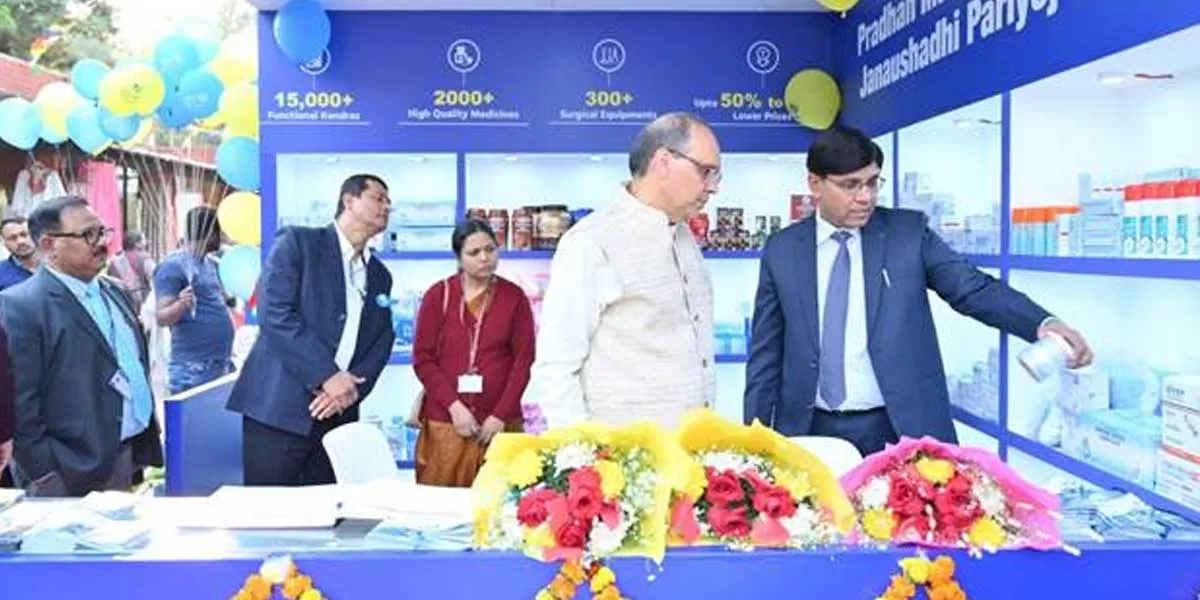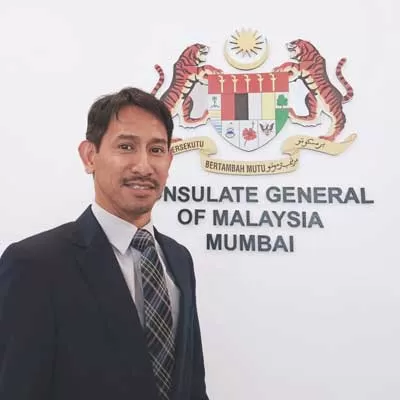
15,057 Jan Aushadhi Kendras Established Nationwide Under PMBJP

Malaysia-India trade stands at $18.25 billion and is growing at 8.5%
With bilateral trade between Malaysia and India reaching $18.25 billion and growing at an annual rate of 8.5 per cent, economic collaboration between the two nations continues to strengthen. From infrastructure and green energy to technology and manufacturing, new opportunities are emerging for businesses on both sides. Ahmad Zuwairi Yusoff, Consul General of Malaysia, Mumbai, shared insights with CW on key areas of partnership, investment potential and the road ahead. Excerpts:Malaysia has a strong economic presence in India, with around 70 companies operating across key sectors lik..

We have doubled revenue annually with 200 per cent y-o-y growth
According to the Central Pollution Control Board (CPCB), India generates approximately 1.3 million tonne of used tyres annually. Amid this, REGRIP Tyres, a Gurugram-based startup, is pioneering solutions by using high-grade rubber to create refurbished tyres. Operating through a network of over 12 dealers across eight states with 16+ retreading facilities, REGRIP recycles approximately 100,000 tyres annually, preventing up to 20,000 metric tonne of CO₂ emissions, while reengineering over 8,500 tyres for reuse. Tushar Sulhaka, Founder, tells us more.What inspired you to start REGRIP..

The Sun Rises in the Northeast!
In the last 10 years, with multiple schemes at the level of the Centre and the states, India’s Northeast region has undergone a rapid transformation in terms of infrastructure, including rail and road connectivity, new industrial and technology parks, logistics hubs and cold chains, among others. With a significant increase in budget allocation, rising from Rs 361 billion in 2014-15 to Rs 1,058 billion in FY2025-26, the Northeast is set for accelerated growth. The Government’s ambitious Unnati 2024 scheme further reinforces the commitment to industrialisation and economic expansion in the ..














